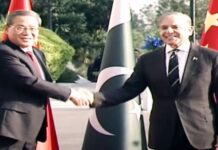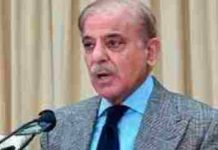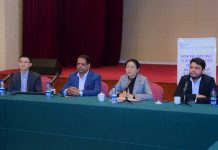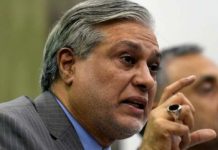RAWALPINDI, Feb 23 (NNI): Pakistan Tehreek-e-Insaf founder and former prime minister Imran Khan on Friday revealed why he wrote a letter to the International Monetary Fund (IMF).
PTI founding chairman’s reportedly wrote a letter to the global lender urging it to call for an audit of the February 8 election before it continues talks with Islamabad for a new loan programme.
In an informal conversation with the media persons in court, Khan confirmed that he wrote a letter to IMF saying that it may have been dispatched by now.
Revealing the reason behind the letter, the former prime minister questioned who will return the debt if the country gets another loan in the current economic situation.
Khan expressed concerns that another IMF loan will further entrench poverty in Pakistan and the debt will increase. He emphasized the need for foreign investment and political stability in the country.
The former prime minister maintained that national institutions including NAB and courts were compromised for the selection of PML-N supremo Nawaz Sharif. The general elections 2024 were rigged, a fact later confirmed by the commissioner of Rawalpindi, Khan added.
Earlier today, reacting to PTI founders letter, the International Monetary Fund (IMF) expressed willingness to work with the new Pakistani government by ignoring the demand of Pakistan Tehreek-e-Insaf (PTI) founder to hold an audit of the election results before approving any new loan for Islamabad.
“I’m not going to comment on ongoing political developments,” IMF’s Director Communications Julie Kozak said while addressing a press conference following former premier’s demand.
She further added that they “look forward to working with the new government on policies to ensure macroeconomic stability and prosperity for all of Pakistan’s citizens.”
Kozack said the lender brought total disbursements under the Standby Arrangement (SBA) to $1.9 billion, adding that the programme is “supporting the authority’s efforts to stabilise the economy and to, of course, with a strong focus on protecting the most vulnerable.” NNI








































